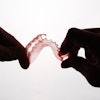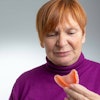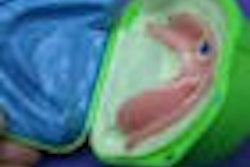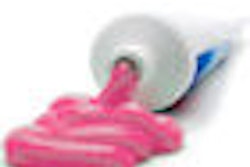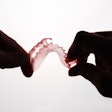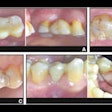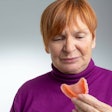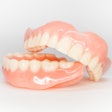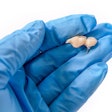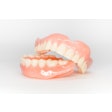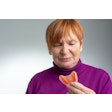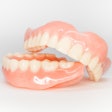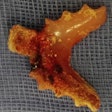Midnight snacking can now be blamed for more than just weight gain. It also has a direct correlation to tooth loss, according to a study in Eating Behaviors (August 2010, Vol. 11:3, pp. 170-174).
Researchers from the University of Missouri-Kansas City and Copenhagen University Hospital looked at medical cases of 2,217 individuals enrolled in the Danish Monitoring Trends and Determinants of Cardiovascular Disease (MONICA) study who were assessed on oral health, eating behavior, anthropometrics, general health, and demographic characteristics in both 1987-1988 and 1993-1994.
Of the 2,217 participants, 173 were identified as "nocturnal consumers" -- those who ate a quarter or more of their daily calories after dinner or would get up in the middle of the night at least twice a week for a snack.
When the researchers examined changes in these individuals' MONICA characteristics over a six-year period, they found that nocturnal consumption increases the possibility of tooth loss, irrespective of the kind of food consumed. The expected change in the number of missing teeth was significantly less for non-night eaters (p = 0.009), nonsmokers (p = 0.001), and nondiabetics (p = 0.001) and for each successive younger age group (p = 0.0001), they reported.
Even after adjusting for other risk factors such as age, smoking, and sugar and carbohydrate consumption, the researchers found that nocturnal eaters lost more teeth than those who didn't snack late at night.
They attributed the increased risk of tooth loss to saliva flow.
"Treatment providers should encourage good oral healthcare practices to reduce the risk of tooth loss associated with nocturnal eating," they concluded.
Copyright © 2010 DrBicuspid.com

